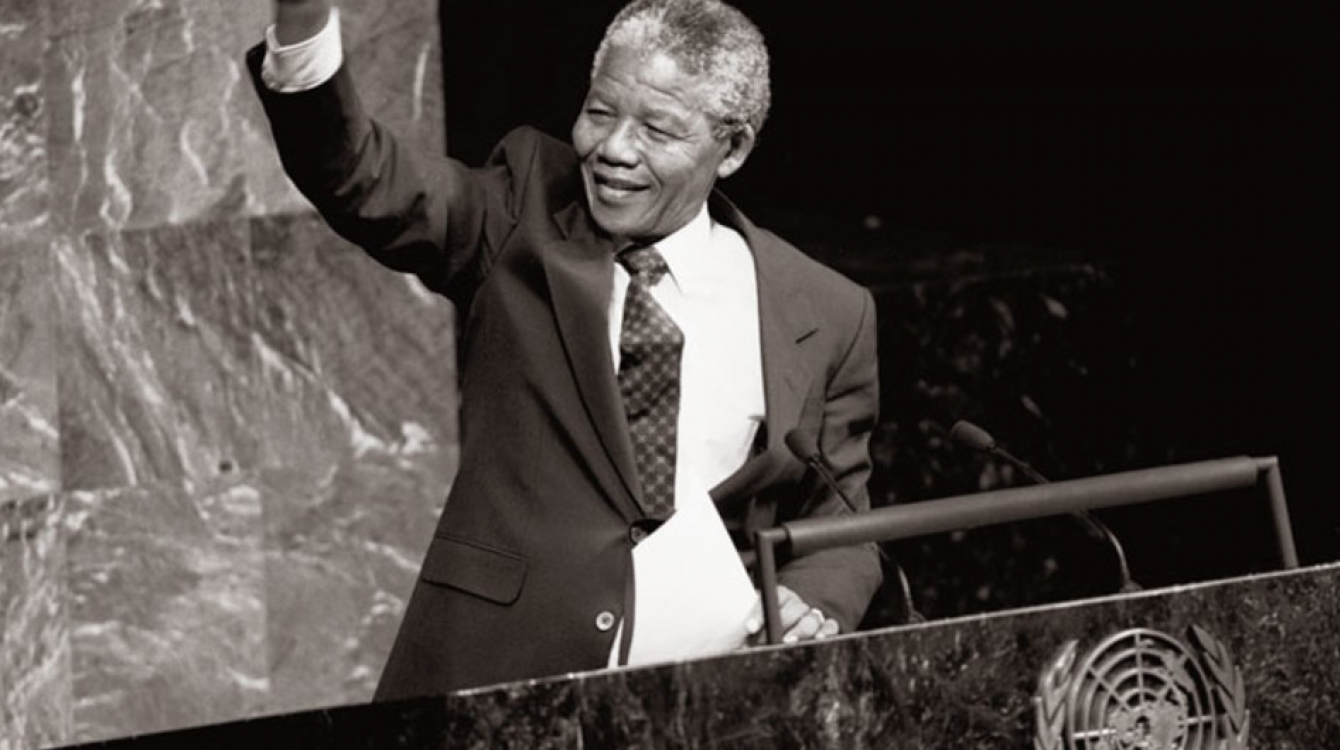THE long-anticipated electoral list of African National Congress candidates for the country’s April election gives a dramatic glimpse of the likely complexion of South Africa’s first post-apartheid parliament.
The 200 ANC names for the 200 national seats in the 400-member National Assembly are the product of months of internal infighting between the ANC and its major allies in the campaign. According to recent opinion polls, 120 to 140 of the ANC candidates are likely to win seats. The ANC candidates for the other 200 seats, to represent the interests of the country’s regions in the Assembly, have yet to be announced.
The list, led predictably by ANC President Nelson Mandela, is a complex balance of ANC officials, communists, trade unionists, homeland leaders, and a handful of celebrities who have backed the ANC.
The top 10 names – which include four communists, a trade union leader, and one woman – are likely to get Cabinet posts in the Government of National Unity, which will rule for five years after the April vote.
The list contains several surprises.
ANC Secretary-General Cyril Ramaphosa, who emerged as No. 3 on an earlier list, came in second on the final list, which was the result of a vote by 500 delegates on Jan. 15 and 16 that included trade union members.
This strengthens Mr. Ramaphosa’s chances of emerging as the first deputy president to Mr. Mandela if the ANC wins an outright majority in the election. The other contender, ANC Chairman Thabo Mbeki, was third after being No. 2 on the earlier list.
The second deputy president, a position widely expected to go to President Frederik de Klerk, will be the leader of the second biggest party.
Winnie Mandela, the controversial, estranged wife of Nelson Mandela, emerged as No. 31 after achieving fifth position on the first list. This indicates that the militant Mrs. Mandela, who is assured of a parliamentary seat but no longer a Cabinet post, is more popular among rank-and-file ANC members than she is among office-bearers and regional and national leaders.
Another surprise is the large number of communists. The South African Communist Party won 30 positions (15 percent) compared to its estimated 1 to 2 percent electoral support. SACP Chairman Joe Slovo came in fourth. Of six whites in the top 50, five are communists. Former Democratic Party legislator Jan van Eck (No. 48) is the highest placed white noncommunist.
Jay Naidoo, general secretary of the former Congress of South African Trade Unions, placed sixth. The top trade unionist on the list, he is followed by four others in the top 50.
Another striking feature is the 33 percent representation of women. Albertina Sisulu, wife of veteran ANC Deputy President Walter Sisulu, is the top woman (No. 10). Nine others are listed in the top 50.


